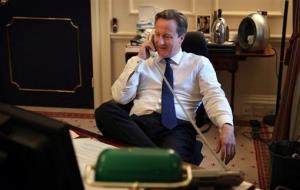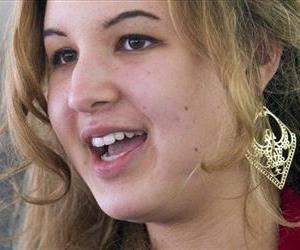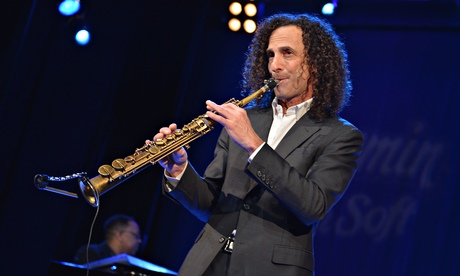Prank Caller Reaches UK Prime Minister

(AP Photo/Peter Macdiarmid, Pool)
http://www.bbc.com/news/uk-30977267
1) What evidence would be compelling for a task force devising a policy for greater phone security? Why would a Head of State need security for communications? What evidence might be David Cameron have had that made him hang up?
2) Why might PM Cameron's family have a different perspective on this issue than the Obamas? Similar? How is my own experience limited in this story? How is it related?
3) How is this connected to hacking? How is this connected to the NSA scandal? How is this connected to science? Twitter?
4) What if the PM gave out his personal phone number to the public? Would this story have been reported 25 years ago?
5) Why is this story significant? Why might this be remembered 10 years form now?
Extension Activities:
1) Students can research the "Phreaking" incident and chart it's significance to modern communications.
2) Students can develop a spectrum of acceptable pranks and carry out a benign joke at school.




